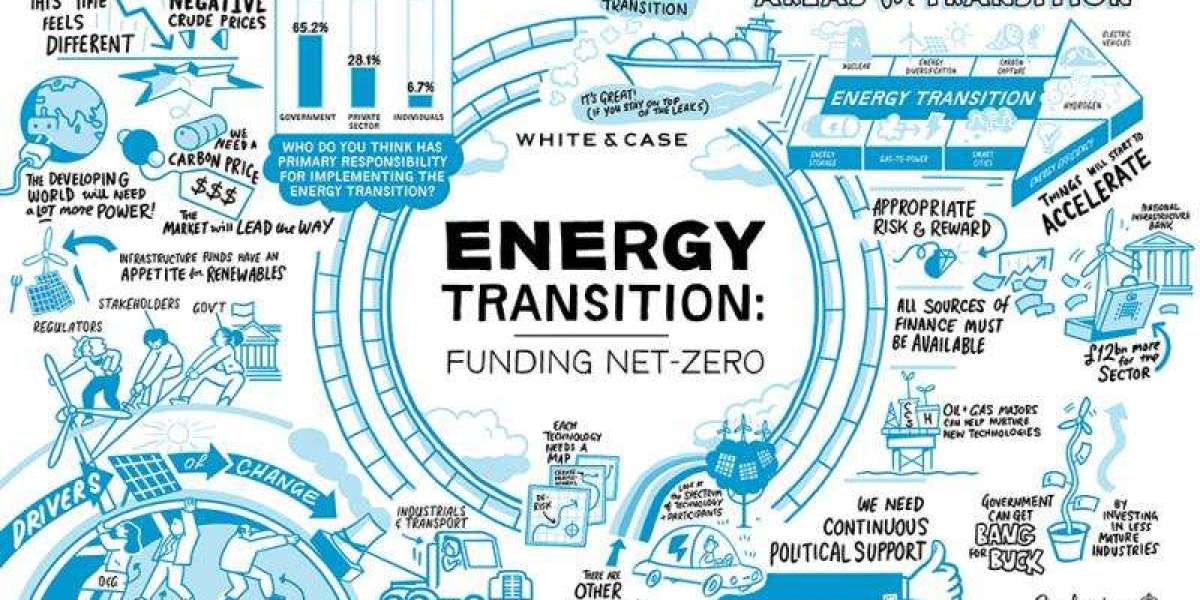When considering higher education abroad, understanding the duration and structure of your chosen program is crucial.universities In Ireland offer a wide range of courses across various disciplines, each with its unique duration and course structure. Here’s a comprehensive guide to help international students navigate these aspects effectively.
Program Duration
Undergraduate Programs
The duration of undergraduate programs in Ireland typically ranges from three to four years. Most Bachelor’s degrees, such as arts, humanities, and social sciences, usually require three years of full-time study. However, programs in engineering, science, and some professional fields like medicine and architecture may extend to four years due to the additional coursework and practical training involved.Postgraduate Programs
For master’s degrees, the duration generally spans one year for full-time programs and two years for part-time options. Students pursuing an MBA or a specialized master’s degree may also expect a one-year commitment. Doctoral programs (PhD) usually take three to four years to complete, depending on the research area and the student's progress.Diploma and Certificate Courses
Shorter diploma and certificate courses typically last from six months to one year, offering a focused study on specific skills or subjects. These programs are ideal for students looking to enhance their qualifications or gain expertise in a particular field without committing to a full degree.
Course Structure
Understanding the course structure is essential for successful navigation of your academic journey. Each program’s structure can vary significantly, but common elements include:
Core Modules
Most programs consist of core modules that provide essential knowledge and skills relevant to the field of study. These modules form the backbone of the curriculum and must be completed to graduate. For example, an undergraduate business program may include modules in accounting, marketing, and management.Elective Modules
In addition to core modules, students often have the option to choose elective modules. These electives allow students to tailor their education based on their interests and career aspirations. For instance, a student in a business program might select electives in digital marketing or entrepreneurship.Assessment Methods
Assessment methods in Irish universities typically include a mix of coursework, exams, presentations, and practical projects. This diverse approach allows students to demonstrate their understanding and skills in various formats. Regular assignments and group projects promote collaboration and enhance learning outcomes.Practical Experience
Many programs, especially in fields like engineering, health sciences, and education, include practical components such as lab work, internships, or placements. These experiences are invaluable for applying theoretical knowledge in real-world settings and often contribute to a student's overall assessment.Capstone Projects or Dissertations
Final year students in undergraduate and postgraduate programs may be required to complete a capstone project or dissertation. This component involves independent research or a practical project, showcasing the knowledge and skills acquired throughout the program. It serves as an opportunity to engage deeply with a topic of interest and can be a significant portfolio piece for future employment.
Conclusion
Understanding the duration and course structure of your program is vital for effective planning and success in your academic journey. In Ireland, the duration of undergraduate and postgraduate programs varies, typically spanning three to four years and one to two years, respectively. The course structure usually includes a mix of core and elective modules, diverse assessment methods, practical experiences, and capstone projects.
Before enrolling, prospective international students should research their chosen programs thoroughly, consult university resources, and connect with academic advisors to ensure they understand the requirements and expectations. This preparation will empower students to make the most of their educational experience and enhance their future career prospects. Studying in Ireland not only offers high-quality education but also provides a rich cultural experience, making it an ideal choice for international students seeking personal and professional growth.












